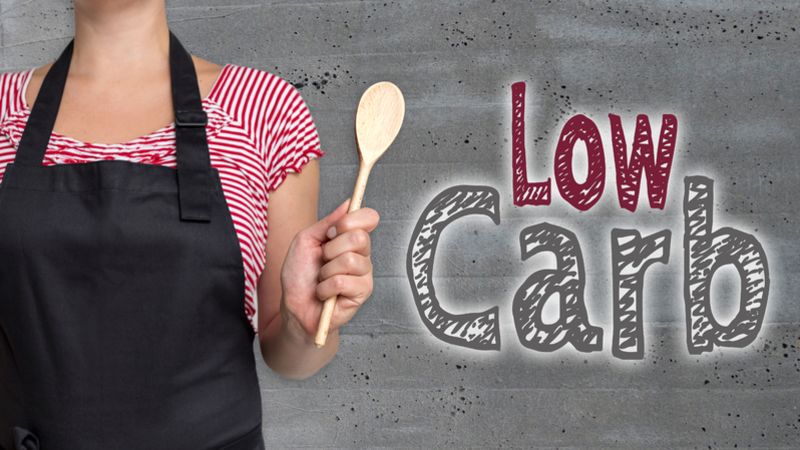
Here’s what happens to your body when you cut down on carbs
Low-carb diets may be all the rage, but you may want to think twice before you drastically cut down on the number of carbohydrates you eat each day. While limiting carbs may help you lose weight and manage blood sugar, not eating enough of the right carbs may be an unsustainable way to eat. That’s because carbohydrates are one of the three main macronutrients the body needs to function, in addition to protein and fat.
What are some of the benefits of eating carbs?
Carbohydrates provide easily accessible energy in the form of glucose. They are broken down quickly and supply the body with the energy it needs to function. That energy fuels the brain, muscles and organs. In addition to providing energy, carbohydrates play a role in maintaining the microbiome of your gut and managing other bodily functions.
Are all carbs the same?

